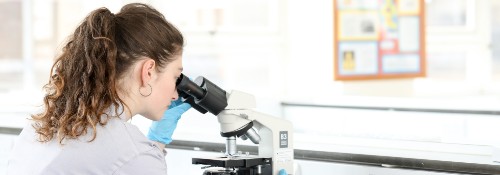What we're doing
With over 6,000 staff, 22,000 students and 300 buildings, the University’s activities naturally have a significant environmental and ethical impact, at both a local and global scale. The Sustainability team manages environmental initiatives to help us reduce our negative impact by conserving energy and water, making finite resources last longer, and reducing our contribution to pollution and climate change.
